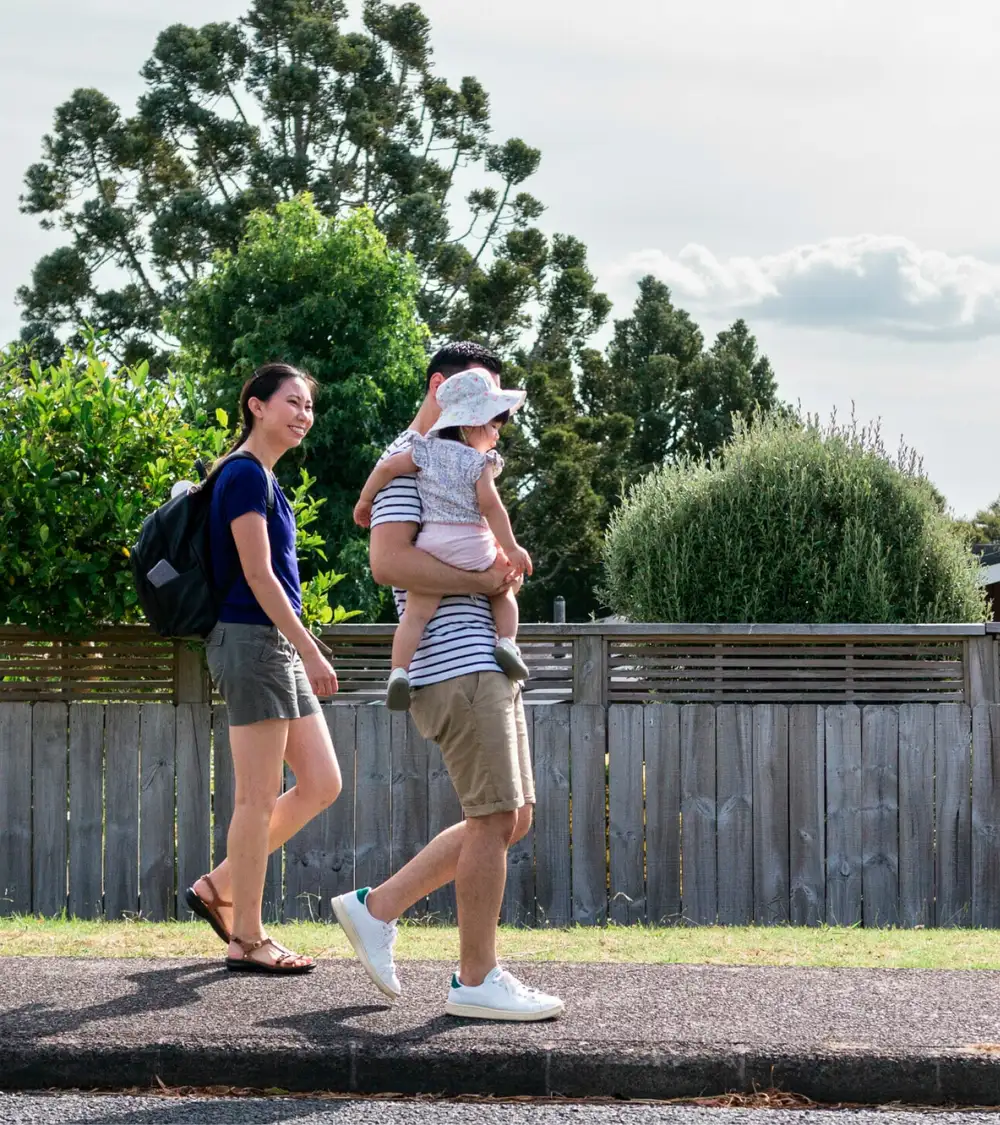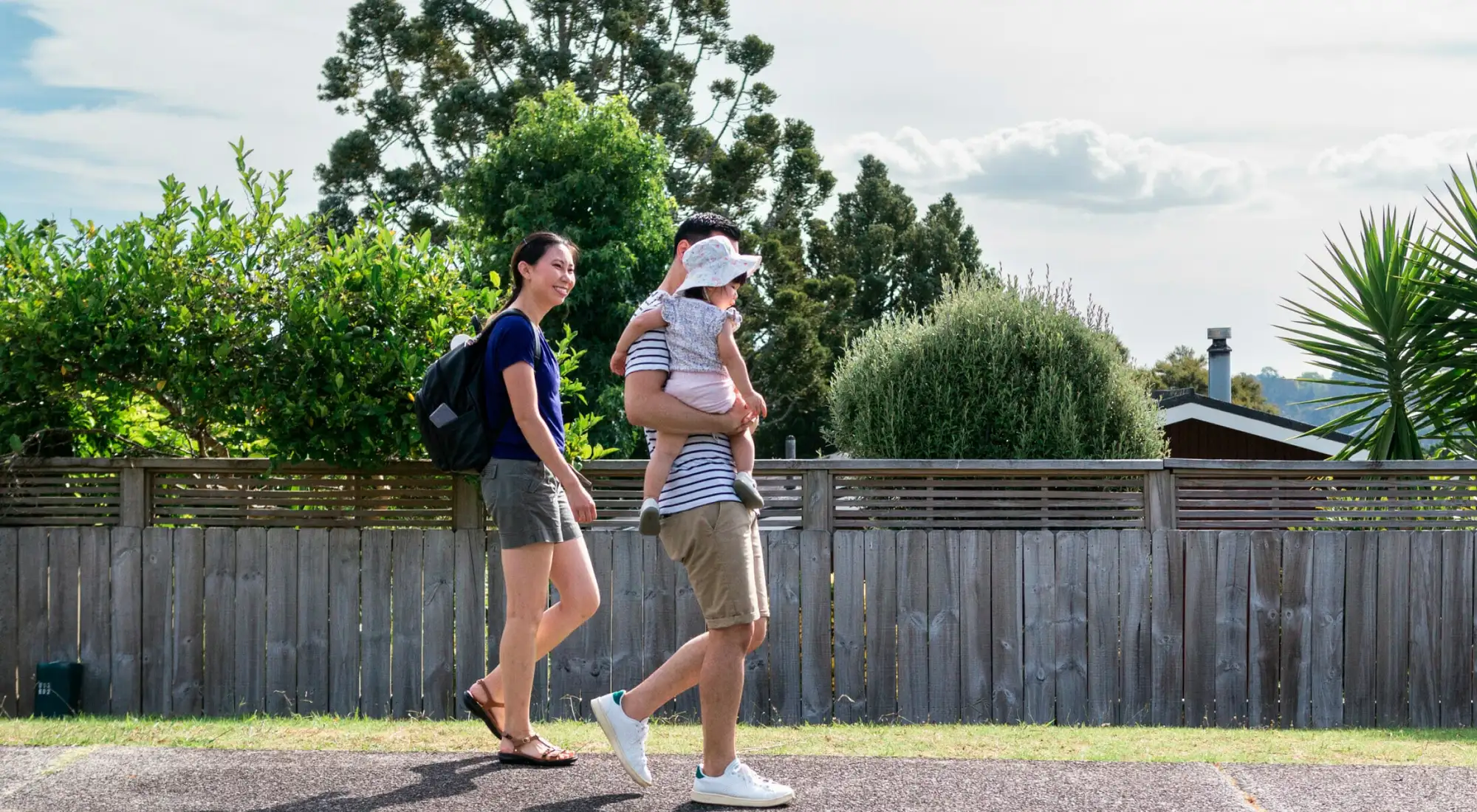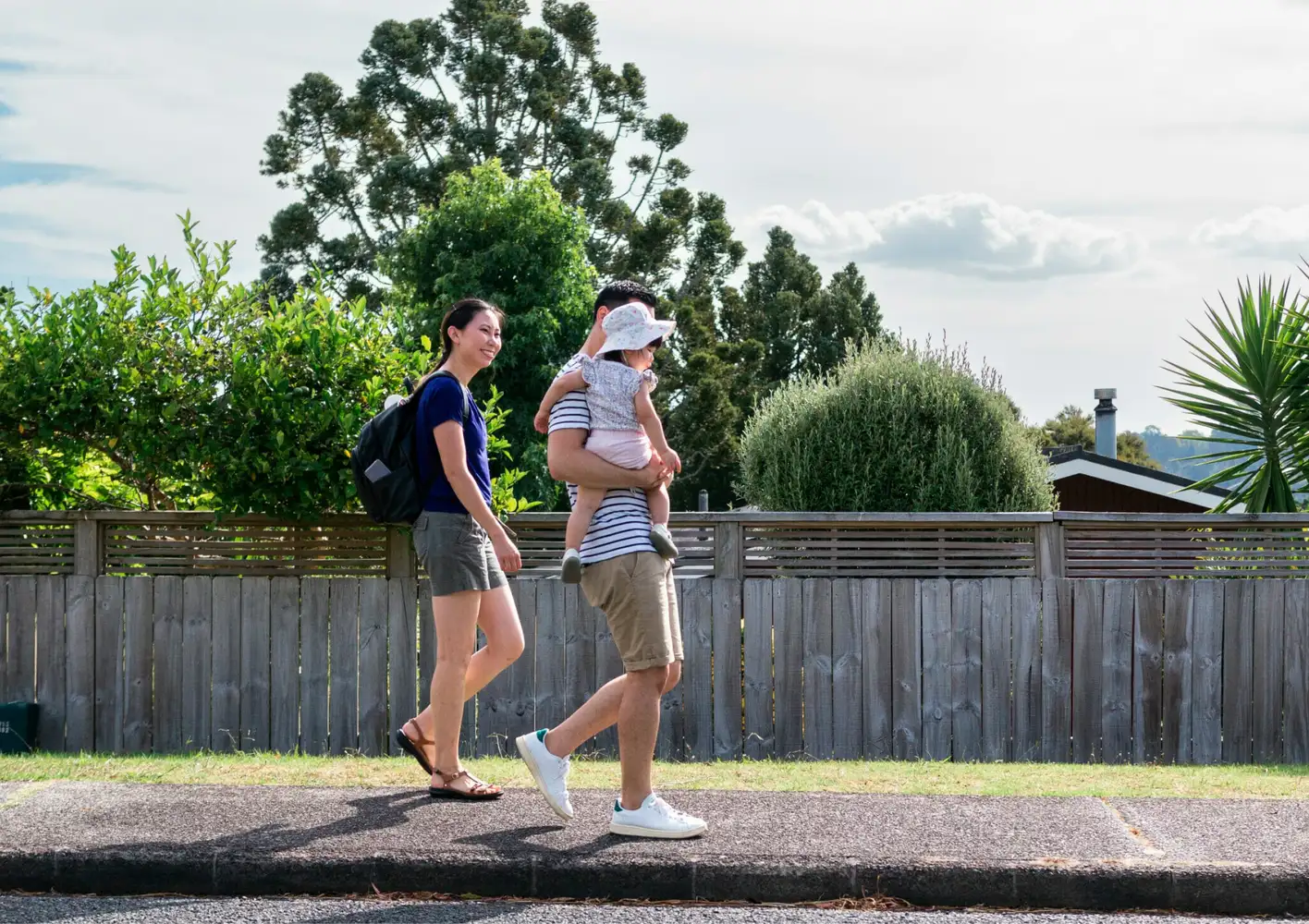He tohutohu mā ngā kaipōti
-
Voters’ guidance



We want more people and communities to be represented and vote.
Our vision is for Aotearoa to be the most active and inclusive local democracy in the world. It’s all about representing the aspirations and needs of a range of communities, and people having their say on the issues that matter for them and their whānau, communities and business.
When the time comes for local body elections in 2025, anyone who is correctly enrolled can vote in the local elections where they live.
General roll or Māori roll?
If you’re of Māori descent and enrolling for the first time, you can decide which electoral roll you want to be on; the general roll or the Māori Roll. If you’re on the Māori Roll and your local authority has a Māori ward or constituency, you’ll vote for a candidate in the Māori ward/constituency.
Find out more about Māori wards and constituencies.
Overseas?
People living overseas can take part but must ensure that they are correctly enrolled with an overseas postal address in order to receive their voting papers. Voting papers for local elections cannot be downloaded.
Unpublished roll?
Not everyone feels safe enough to have their details publicly available on the electoral roll, but that doesn’t mean they lose the right to vote. If you are registered on the Unpublished roll, you will need to apply to the Electoral Officer at your local council/kaunihera.
Find out more about the electorial officers.
Live in one area, pay rates in another?
Voters who live in one area and pay rates on a property in another area may qualify to vote in both areas. To do this, you need to be registered on the Ratepayer Roll.
Find out more about the ratepayer roll
Too young to vote?
Even those under 18 can get involved! The Ngā Pōti ā-Taiohi - Youth Voting programme is designed for teachers and students, to give school-aged students the chance to try out the election process through their school. The programme is aimed at kids/tamariki aged between 11-15 years old (school years 7 to 10).
It replicates the local authority elections taking place in each area and steps participants through the election process. It encourages students to discuss what’s important to them, vote for candidates on real issues, and compare their results against the official election results.
The programme is designed to align with the civics education theme/kaupapa in the existing school curriculum.
Download the Teacher’s Guide
Find out more about Ngā Pōti ā-Taiohi – Youth Voting Programme